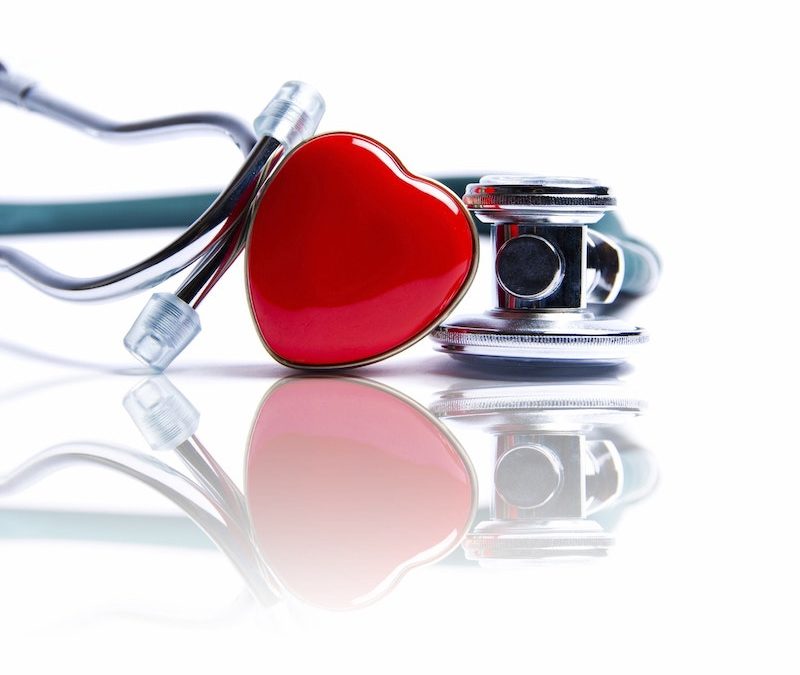Saturated Fat, Cholesterol and Heart Health…are saturated fat and cholesterol bad for you?
I’ll be honest, I’ve been avoiding writing this post. This is a question that I’m asked all the time. When people want to know about a high fat low carb diet, they want to know if all that fat, especially saturated fat, is ok to eat. Most of their lives they’ve been told to eat a low fat diet, avoid saturated fat and cut back on foods that are high in cholesterol.
I’ve been avoiding this blog post because it’s such a HUGE TOPIC and it’s hard to know where to start!
Cholesterol and saturated fat are often feared as causes of heart disease and potentially death. However, they are both widely misunderstood. It would be too simplistic to say they are bad or good since there are so many factors. It’s quite a complex matter.
Lots of experts have written about saturated fat, cholesterol and health. One of my favourites is an article on HealthLine.com that explains everything really well, in a thorough but very ‘readable’ way, and includes links to all of the supporting research. For this reason, I will simply give a summary here, and provide the link to the article below if you would like more in-depth information. No sense ‘re-inventing the wheel’.

Eggs contain cholesterol and many people feel they need to avoid them for that reason.
Cholesterol is not the villain it’s been made out to be.
It is essential for life. In fact, it’s so essential that your body will make its own cholesterol if you don’t eat it in your diet. That’s right. And when you eat cholesterol, your body will make less of it to compensate for that intake. That being said, some people have a genetic condition called familial hypercholesterolemia that prevents the body from getting rid of extra cholesterol. This leads to a build-up in the blood, and subsequent heart disease. These people need to reduce their consumption of saturated fat and cholesterol, and often need to take medication. The rest of us don’t need to worry as much about our cholesterol intake from food.
What is Cholesterol?
Cholesterol is a waxy, fatty compound that serves several functions in the body including the manufacturing of vitamin D and hormones. Another of its major functions is as a healing substance. When your cells are damaged (such as the lining of your arteries), your liver sends out cholesterol to help repair the cells. LDL (the so-called bad cholesterol) is the ‘vehicle’ that brings the cholesterol to the cells. When the repair is complete, HDL (‘good’ cholesterol) brings the cholesterol back to the liver. So, when your LDL is high, that’s a sign that your body is in repair mode and perhaps you should try to figure out what your body is trying to tell you (perhaps it’s saying ‘quit eating so much sugar!’).
Diet-Heart Hypothesis
In the early 20th century there was a significant increase in heart disease which lead to a theory.
Researchers already knew that eating saturated fat seemed to increase cholesterol levels in the blood. They also knew that having a high cholesterol was linked to an increased risk of heart disease. The ‘diet-heart hypothesis‘ suggested that if saturated fat raises cholesterol, and high cholesterol causes heart disease, then saturated fat must cause heart disease.
However, this was not based on human experiments and current research demonstrates that these assumptions were wrong. Nevertheless, it became public policy in the 1970s and the low-fat hysteria was born.

Does Saturated Fat Raise Cholesterol?
Saturated fat can, in fact, raise cholesterol. It raises both HDL (good) and LDL (bad) thereby raising TOTAL cholesterol, but this isn’t necessarily a bad thing. The problem is that the total cholesterol number doesn’t give enough information. If the ratio between HDL and LDL doesn’t change, the risk doesn’t change. If HDL goes up along with LDL, the risk of disease doesn’t necessarily go up with it. Remember, higher HDL levels are good!
To further complicate things, there are different types of LDL cholesterol particles. The small, dense LDL can contribute to heart disease but the large LDL particles don’t. So this means that the important information to know is actually the number and type of LDL particles. AND furthermore….saturated fat changes the LDL particles from small to large, thereby decreasing the risk of heart disease!
It’s important to note that the obesity epidemic has skyrocketed since the low-fat guidelines were implemented and heart disease has continued to rise as well. So, it seems that changing to a low-fat and low-cholesterol diet doesn’t reduce the risk of disease as the theory proposed. It’s a complex process that involves more than just saturated fat and cholesterol.

If you’d like more detailed information with links to supporting research, check out this great article: Saturated Fat: Good or Bad.
You might also like: High Fat Low Carb and Cancer and Calorie Counting is Not the Answer or Cereal is Making You Tired and Fat

